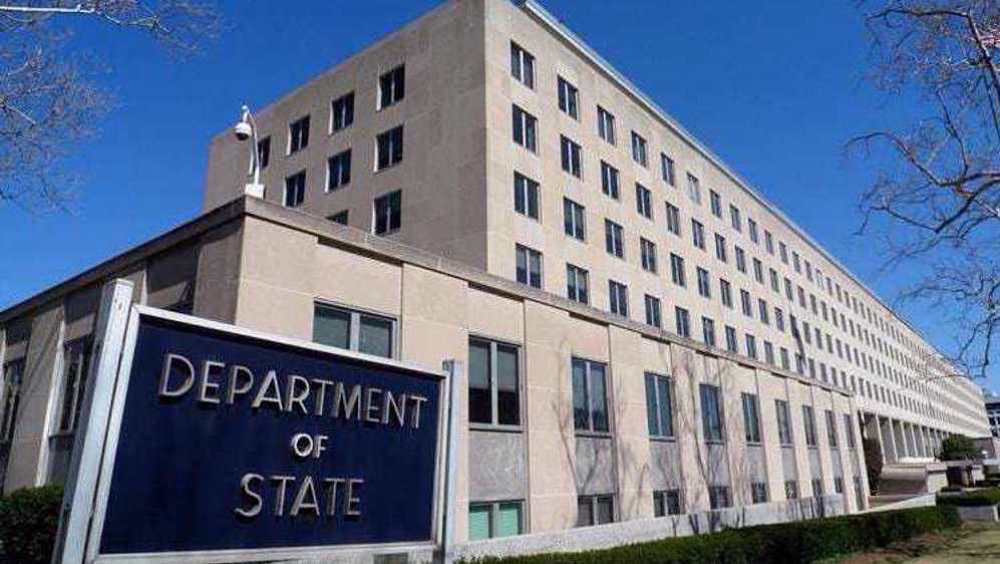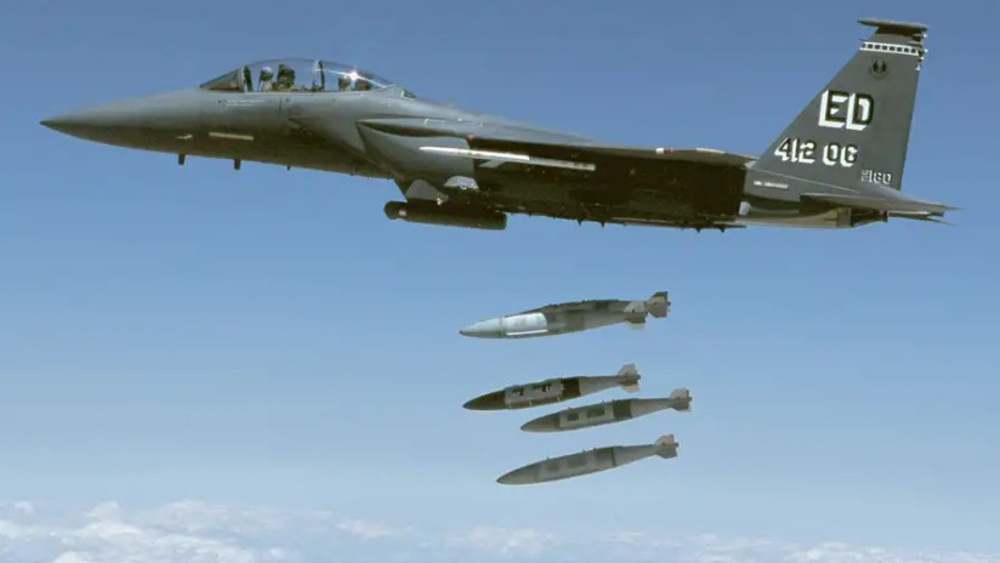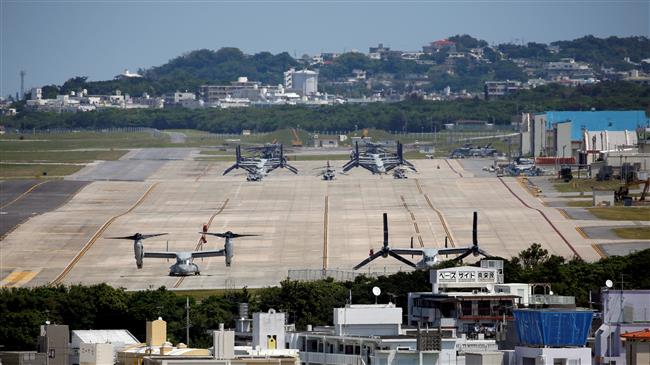Japan's Okinawa declares state of emergency amid US-majority virus cases
Japan has declared a state of emergency in the Okinawa region due to an "explosive spread" of coronavirus cases, with the majority of them been detected among US forces there.
Okinawa Governor Denny Tamaki announced on Friday that the southernmost Japanese prefecture would be placed under a state of emergency from August 1 to 15.
Tamaki called on residents to avoid non-essential and non-urgent outings after a record rise in the total number of daily infection cases in the region.
"A dramatic surge in infections has been seen, and a collapse of the health care system must be prevented at all costs. We are issuing a state of emergency to let you all know that we are at a critical stage," the Okinawa governor said in a press conference.
The coastal Japanese region confirmed a total of 71 infections on Friday, registering a new record high of single day cases for five days in a row.
The latest tally brought the total number of confirmed cases to 395.
The local government in Okinawa said the US forces account for 248 of those cases and that the issue had created tensions among authorities in the Japanese prefecture, including the governor who said he was "shocked" by the high numbers.
The United States is the worst hit country by the coronavirus pandemic, with more than 4.7 million cases and over 156,000 deaths.
Okinawa hosts more than half of the approximately 47,000 American military personnel stationed in Japan. It makes for 64 percent of the land used by the US bases under a bilateral security treaty rooted in imperial Japan’s defeat in WWII.
Many Okinawa residents associate the US military presence with crime, pollution, and accidents and want the entire six bases off the island altogether.
In a closely-watched referendum in Okinawa last year, more than 70 percent of Okinawan voters opposed the relocation and expansion of the US Marines’ Futenma air base to a remote part within the prefecture.
The central government’s plan requires that the US air base — which is currently located in a busy and densely-populated part of Okinawa — be moved to the remote coastal region of Henoko in Nago, some 50 km away.
Opponents of the move say the relocation of the base will not only threaten the area’s delicate marine ecosystem but also endanger its 2,000 local residents.
Over the years, the US bases in Okinawa have drawn countless protests and sit-ins. The election last year of Tamaki, who was born in 1959 to a US Marine father he has never met and a Japanese mother, has injected passionate energy to the anti-American sentiments in Japan.
The US relies on Japan and its other main regional ally South Korea to support efforts to challenge China.
Anti-US sentiments have been on the rise after a US serviceman was found guilty in December 2017 of rape and murder of a 20-year-old Okinawa woman.

US intensifies bombing Yemen amid ground invasion plans

US approves potential sale of Stinger missiles to Morocco

US prepares to arm Israel with 1000s more bombs ahead of ‘vigorous expansion’ of Gaza war
China says stands with Malaysia, region in face of unilateralism
UN envoy urges journalists to speak out on Gaza genocide
‘Complete humanitarian collapse’ imminent in Gaza: Media office
Doctors Without Borders: Israel has turned Gaza into ‘mass grave’
Iran, Tajikistan discuss defense partnership, counter-terrorism cooperation
VIDEO | Yemen expands pro-Gaza operations despite US air aggression
VIDEO | Palestinians mark Prisoners’ Day amid Israeli atrocities
Airbus plane grounded due to US sanctions returns to Iran’s fleet









 This makes it easy to access the Press TV website
This makes it easy to access the Press TV website